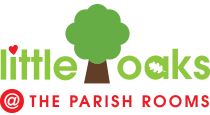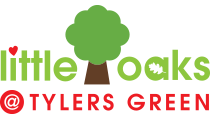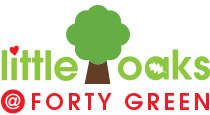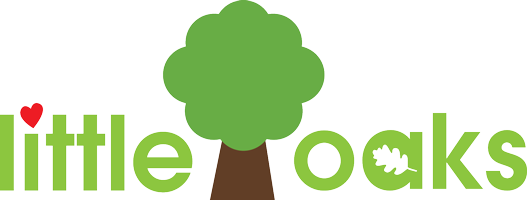Our Sites
"Play is the highest form of research.”
Albert Einstein
At Little Oaks we have created nurseries where children will find warmth, comfort, and gentleness as well as an abundance of opportunities for movement, exploration, and self-discovery according to individual needs and interests.

Little Oaks @ The Parish Rooms
We welcome children aged 18 months to 3 years old at this cosy site in the heart of the village.
FIND OUT MORE

Little Oaks @ Tylers Green
Starting at rising 4, children will spend a stimulating and exciting year with us here, with their own special space within the school site. This also allows us to offer extended nursery hours too!
FIND OUT MORE

Little Oaks @ Forty Green
Right on the edge of Beaconsfield, we offer a loving, nurturing start to children aged 2 to rising 5.
FIND OUT MORE

Little Oaks Breakfast & Teatime
Extended school hours are a must for many families in today’s world. We’re here to take the stress out of your morning and to allow you to extend your working day whilst feeling relaxed that your child is in good hands.
FIND OUT MORE


